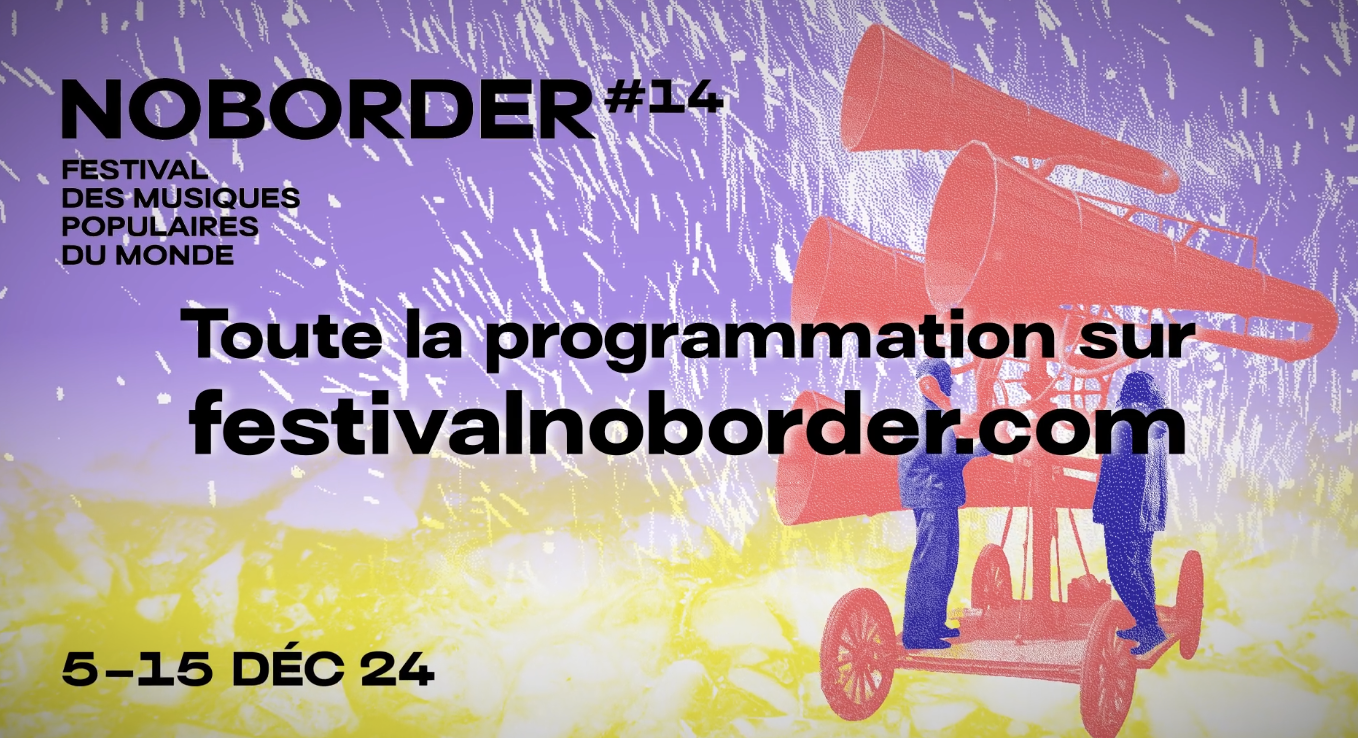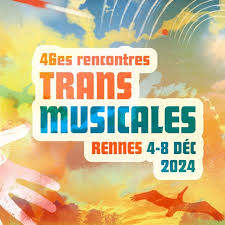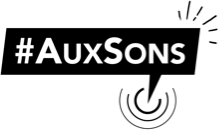A multi-stakeholder network :
programmers,
producers,
labels,
bookers,
managers,
artists…
More than
200 members
In France and
internationaly
- Headlines -

The fourteenth edition of the No Border — Festival des musiques populaires du monde, combines musical discoveries, intimate concerts, established artists, lively and danceable concerts, workshops and conferences. On Thursday December 12, Zone Franche is a partner of the day-long event

Les Escalesa festival based in Saint-Nazaire and member of Zone Franche, is recruiting a director (F/H).Applications to be sent before January 5, 2025 for a position starting in April 2025.Job description and detailed information on this link

For 2 days, Thursday December 5 and Friday December 6, the Zone Franche team will be present at the TransMusicales in Rennes. We look forward to seeing you : Friday 6/12 — 10am to 12pm at La Maison des Associations — Salle 100Professional

The Prix des Musiques d’ICI is a national scheme for identifying and supporting artists initiated in 2017 by Villes des Musiques du Monde.It concerns musicians and singers from diasporas and the national artists with whom they collaborate. It also aims to
Find out more…
The association
The Zone Franche association was founded in 1990, when the encounter between traditional oral music and the sounds of globalization was creating new languages and soundscapes. Today, 219 structures are federated around professional and political issues.
A network
professional
Zone Franche is a cross-disciplinary organization that brings together all categories of players in the sector : festivals, venues, labels and publishers, artists’ representatives, media, cultural associations, trade shows, and more. Although incorporated in France, the network has an international dimension, with members on every continent.
Find out more…
Music and
world cultures
World music is the focal point of the network’s members, whatever their activities.
All share the same passion for this music, whether “learned” or popular, ethnic or mixed, sacred or secular, oral or written, performed by professional or amateur musicians.
Find out more…
The missions
As stated in its articles of association, the network’s actions contribute to the development of World Music on an international level, particularly in French-speaking countries. It’s a place for initiative, reflection, sharing of experience, exchange of information, cooperation and pooling of resources around new projects, and a laboratory for new ideas.
Find out more…

Zone Franche presents :
#AuxSons,
collaborative webmedia
Zone Franche supports the online weekly #AuxSons dedicated to music and vibrations from around the world : the webmedia #AuxSons(www.auxsons.com) offers an innovative and creative approach, militant and supportive, to give new visibility to music, cultures and news from around the world. Faced with ever-decreasing musical diversity in the press, on radio and on television, #AuxSons highlights the artists who inhabit our planet and fill it with their creativity, the diversity of their cultures, the sound of their languages and instruments, etc.…
Newsletter
Sign up for exclusive information !
